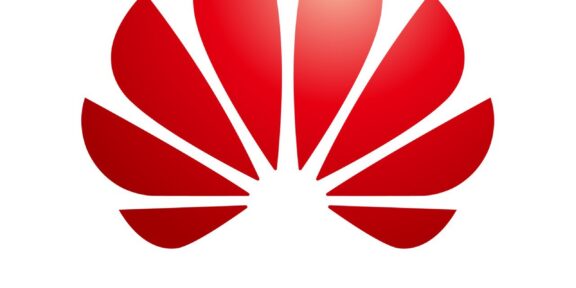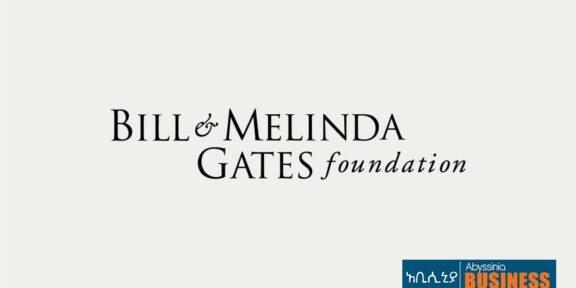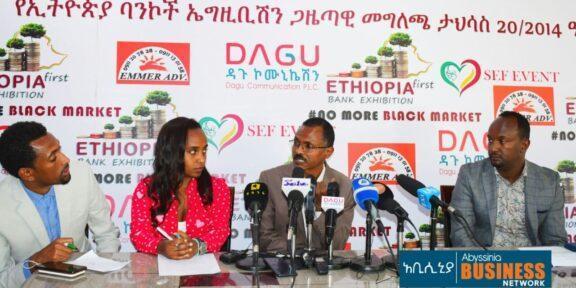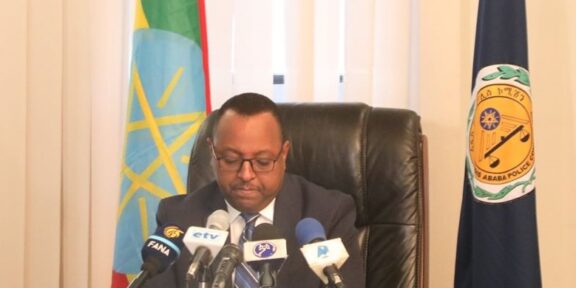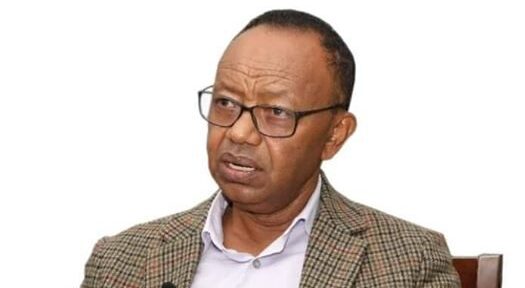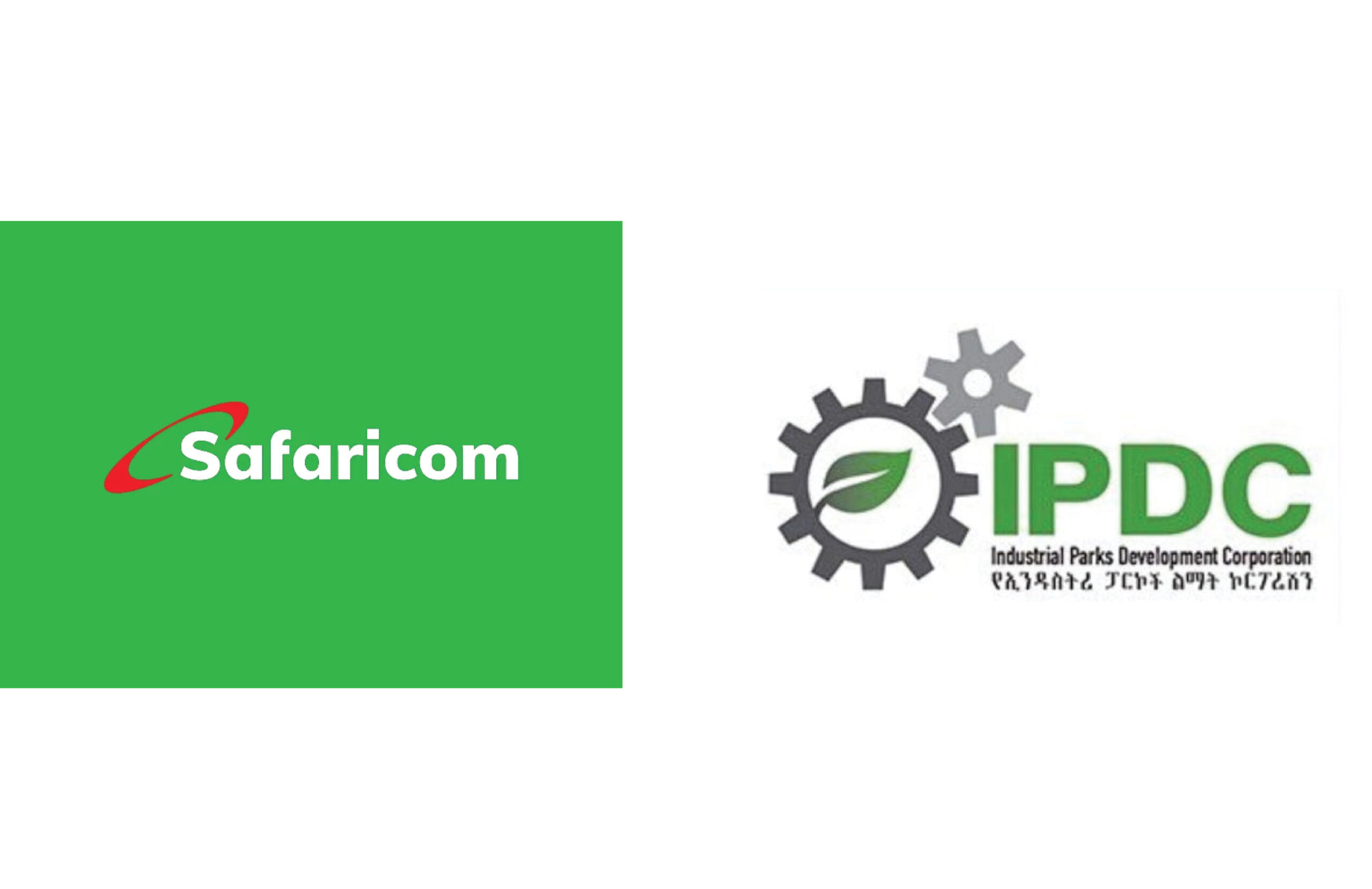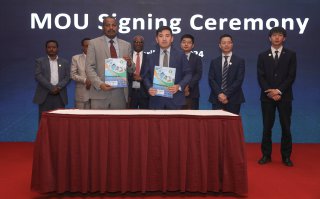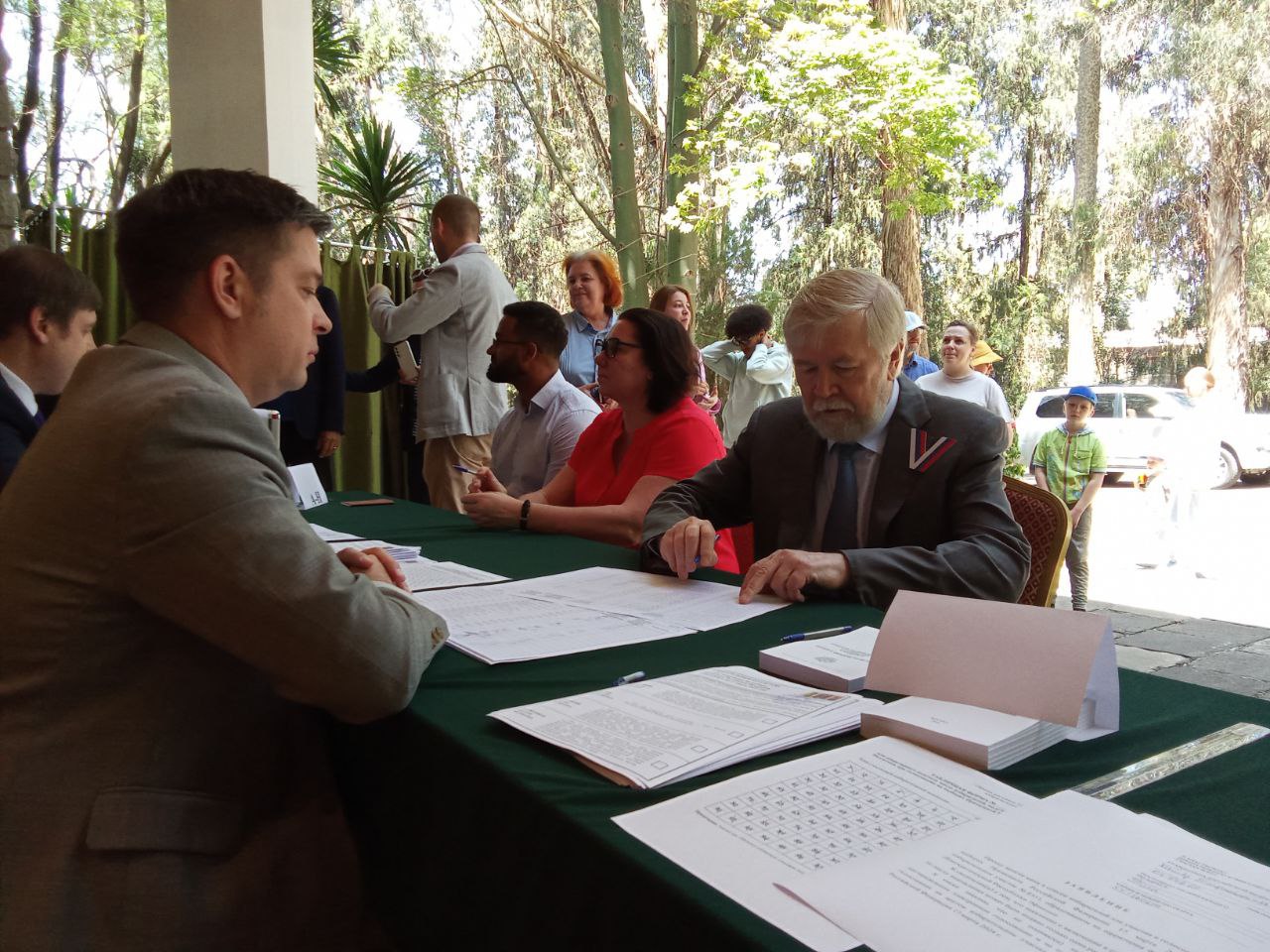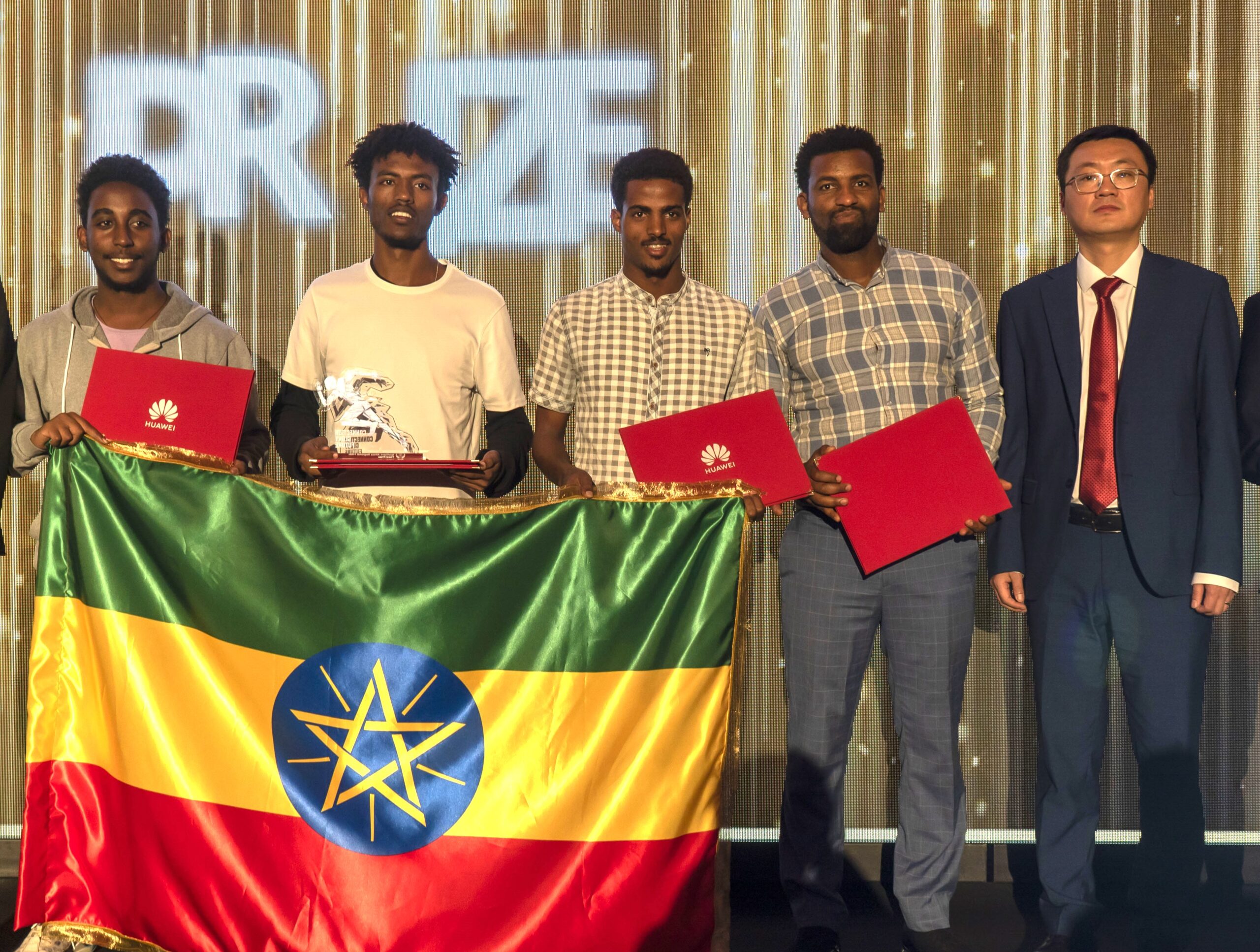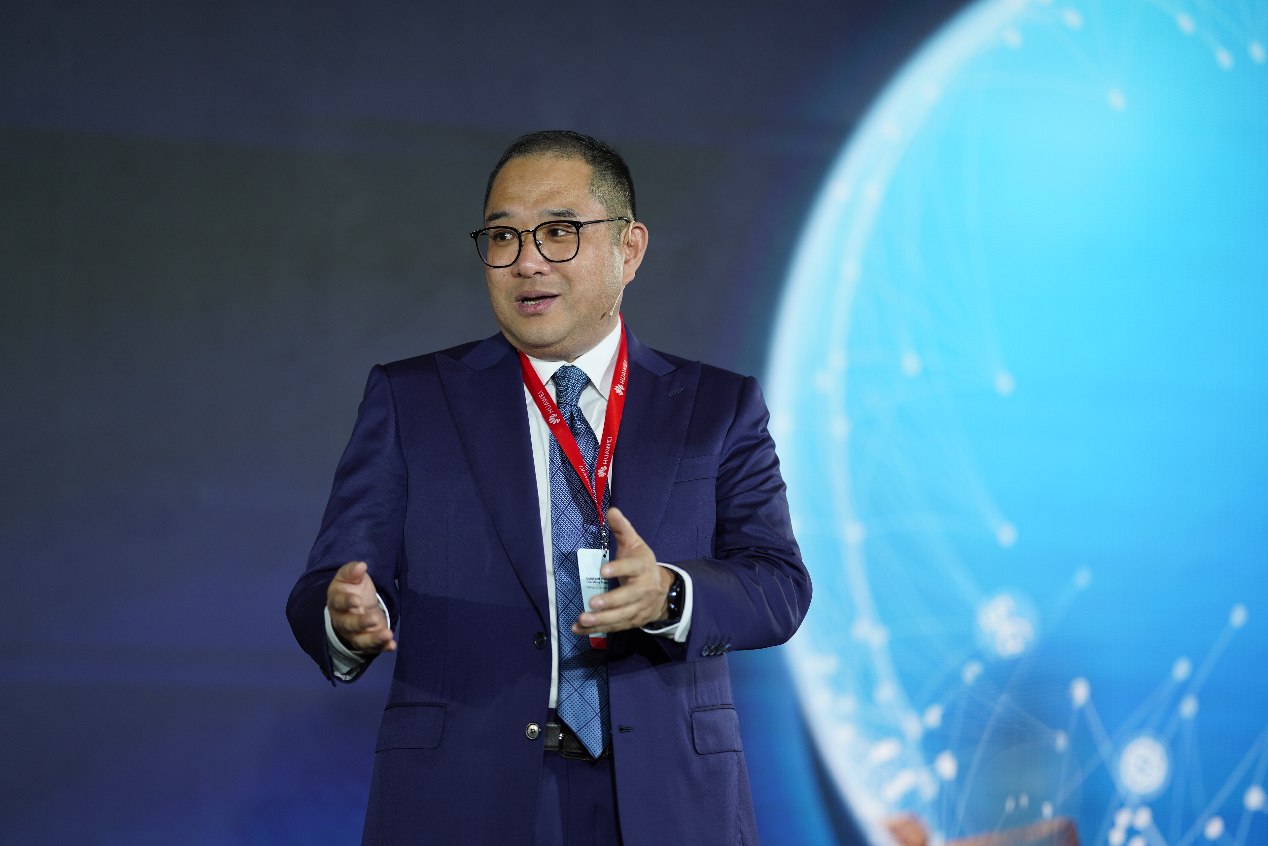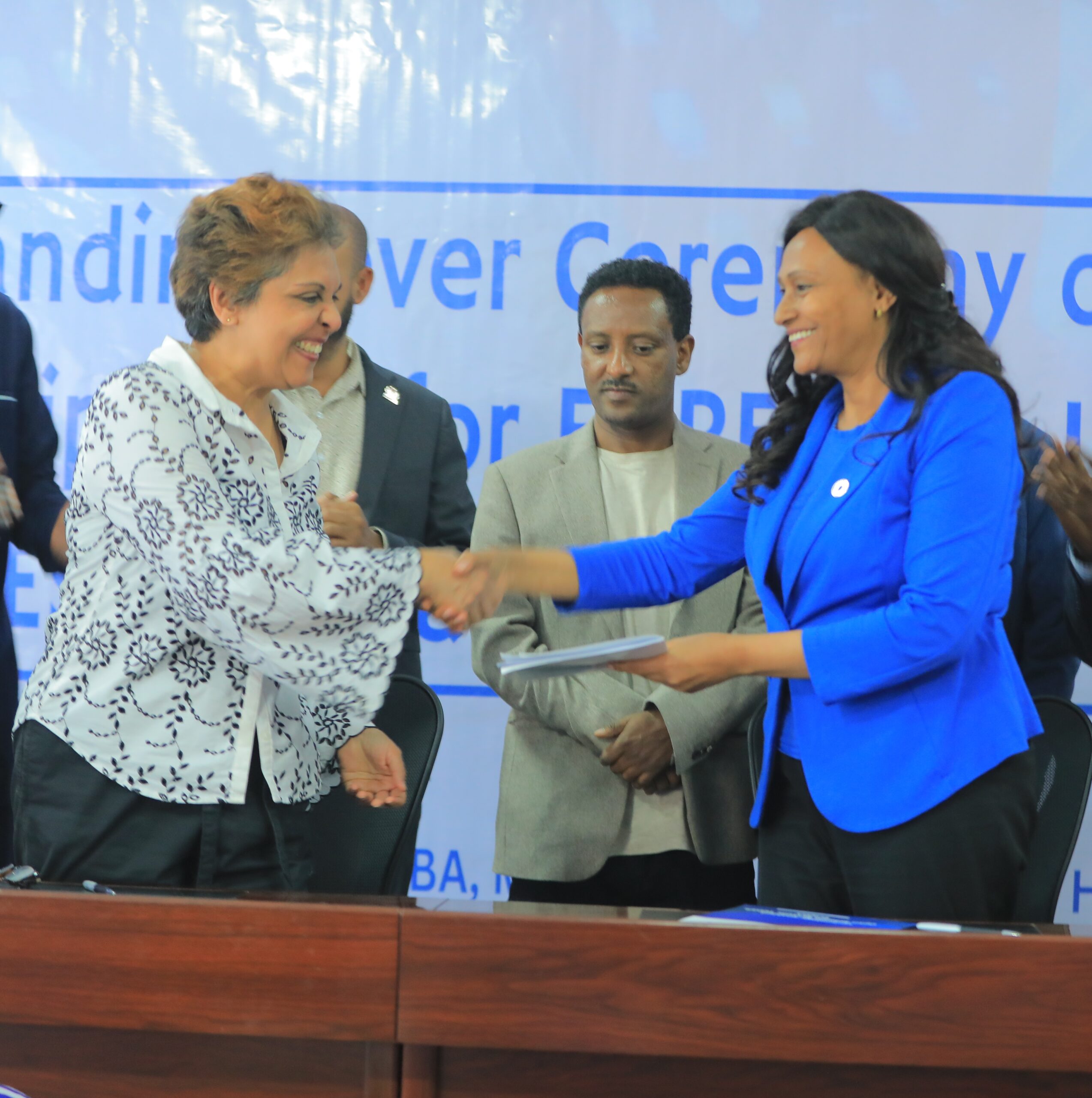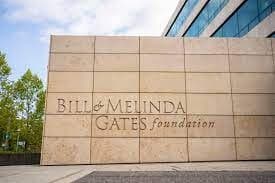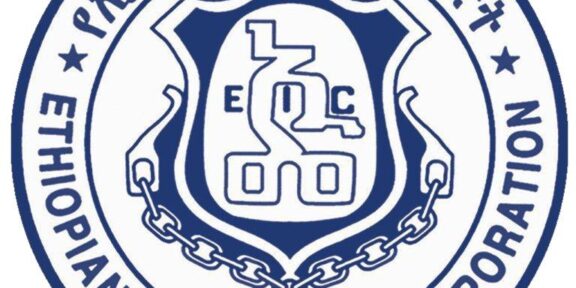By ABN staff writer
Ethiopia keeps going on what it is doing over its own natural resource, moving towards completion of its mega hydroelectric project despite external pressure to distract the filling and operation of the Dam. Still showing interest to continue negotiations with the downstream countries, the country wants to bring about a win-win solution for the deadlock.
ABN met Engineer Gedion Asfaw, Chair, and Technical Committee of the Ethiopian Negotiating Team, and presented a few question related to the impact of the first filling of the GERd reservoir and the unpredictable Egypt’s and Sudan’s stand on the negotiating table.
ABN. Let’s begin with the impact of the first filling of the GERD’s reservoir. How do you describe the feelings and reactions of Ethiopians at home and abroad to the first filling of the dam?
Eng. Gedion The first filling took place during July and August, 2020 as per the construction and filling schedule. The low block was raised to 560m.a.s.l and when the inflow to the GERD increased in July and August the level of water behind the dam gradually increased and overflowed through the low block. Water was continuously flowing downstream through the culverts and later over the low block. The retention of 4.9BCM is the first stage/year retention agreed by the three countries’ scientific research group.
The Ethiopian public was satisfied for the filling was conducted as per the previously publicly announced period of filling.
There was complaint from Sudan that the impact of the first filling resulted in affecting the water supply stations downstream of Roseires dam. This is not a reasonable assessment since
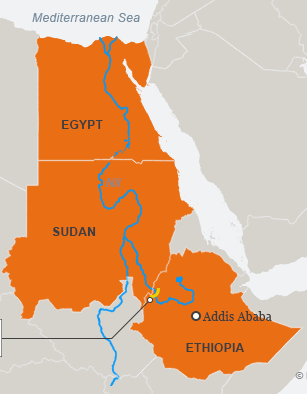
Sudan was receiving in the order of 90 to 100 million cubic meters per day which is much more than the water supply demand of Khartoum and other towns below the Roseires dam.
ABN. How do youchronologically describe the outcomes of the bilateral or/and multilateral talks between/among the downstream countries mainly Sudan, Egypt and Ethiopia?
Eng. Gedion .Phase 1: International Panel of Experts (IPOE) (May 2012-May 2013) established by Ethiopia’s initiation. The IPOE consisted of 4 international experts and 6 experts from the three countries of Egypt, Ethiopia and Sudan and reviewed the study and design documents of the GERD. The IPOE submitted its report to the governments of the three countries. Ed. in May 2013
Phase 2: Tripartite National Committee 2013-2016 ( DOP 2015)
12 members ; 4 members from each of the three countries established by water affairs ministers of the three countries to implement the recommendations of the IPOE.
Phase 3- Nine ministers party and national scientific research group (2017-2018) Submission of filling and operation plan by Ethiopia [2017]
The three countries also established the National Independent Scientific Group (NISRG consisting of 15 members, 5 from each of the three countries to formulate a filling and operation plan of GERD.)
Phase 4: Egypt appealed at the 74th UN GA for the involvement of the international community. Egypt Requested the US and the WB to mediate, Ethiopia accepted US & WB invitation to participate as observers. After holding a number of meetings during Nov. 2019-Feb. 2020,Ethiopia discontinued the consultation when the observers overstepped their mandate and proposed unacceptable provisions that may compromise the national interests of Ethiopia.
(July 3. 2021 –April, 2021) 7 meetings including two bureau meetings under South Africa were conducted; The AU led negotiation has continued and the first meeting under the chairmanship of the DRC president took place during April 3-6, 2021.

ABN. Ethiopia has been trying a lot to bring the downstream countries, mainly Egypt and Sudan, to round table discussions to solve the deadlock on the dam’s filling andoperation. Why does this process seem to be unsuccessful?
Eng. Gedion Negotiations on TransBoundary Rivers take time. The signing of the Declaration of Principles by the three countries in 2015, the formulation of the first filling schedule and reaching consensus on the filling and timing of filling can be mentioned as success of the trilateral negotiation.
ABN. Various scholars argue that Ethiopia’s diplomatic effort to convince and persuade the international community to support its effort in utilizing the Abay River is insignificant. What’s your reaction to this?
Eng. Gedion Ethiopia has made
great diplomatic efforts to inform the international community on issues related to its transboundary rivers and has been participating at various platforms to consult with neighboring countries on the use and management of these resources. However more needs to be done in informing the international community and Nile basin countries on issues related to the equitable and reasonable use of Trans Boundary Rivers.
ABN. Let’s talk about the second impoundment of the GERD; Ethiopia has been expressing its commitment to filling the DAM in the coming July. Will it cause any disagreement or not? What impact will it generally cause?
Eng. Gedion The second phase filling of GERD is part of the first filling schedule formulated by the National Independent Scientific Research Group (NISRG) composed of five experts from Egypt, Ethiopia and Sudan. Moreover the DoP has a provision which indicates that the construction of the dam and the impoundment are inseparable. Thus, there is no reason for disagreement and the NISRG would have not
recommended the filling schedule if significant impact downstream was expected.
ABN. Many argue that the only thing Ethiopia should do is to simply complete the filling of the Dam and start generating power. What does that mean for the downstream countries?
Eng. Gedion Ethiopia and the downstream countries have signed the DoP and the three parties are governed by this framework agreement.
ABN. The water politics over the Nile River is more escalating than it was before; as a negotiator, what needs to be done to ease the situation?
Eng. Gedion The two downstream countries should join the Nile Cooperative Framework Agreement, which currently is signed by six countries and ratified by four countries. Then the basin countries will have a framework which will herald a cooperative and rule based Nile waters management.


